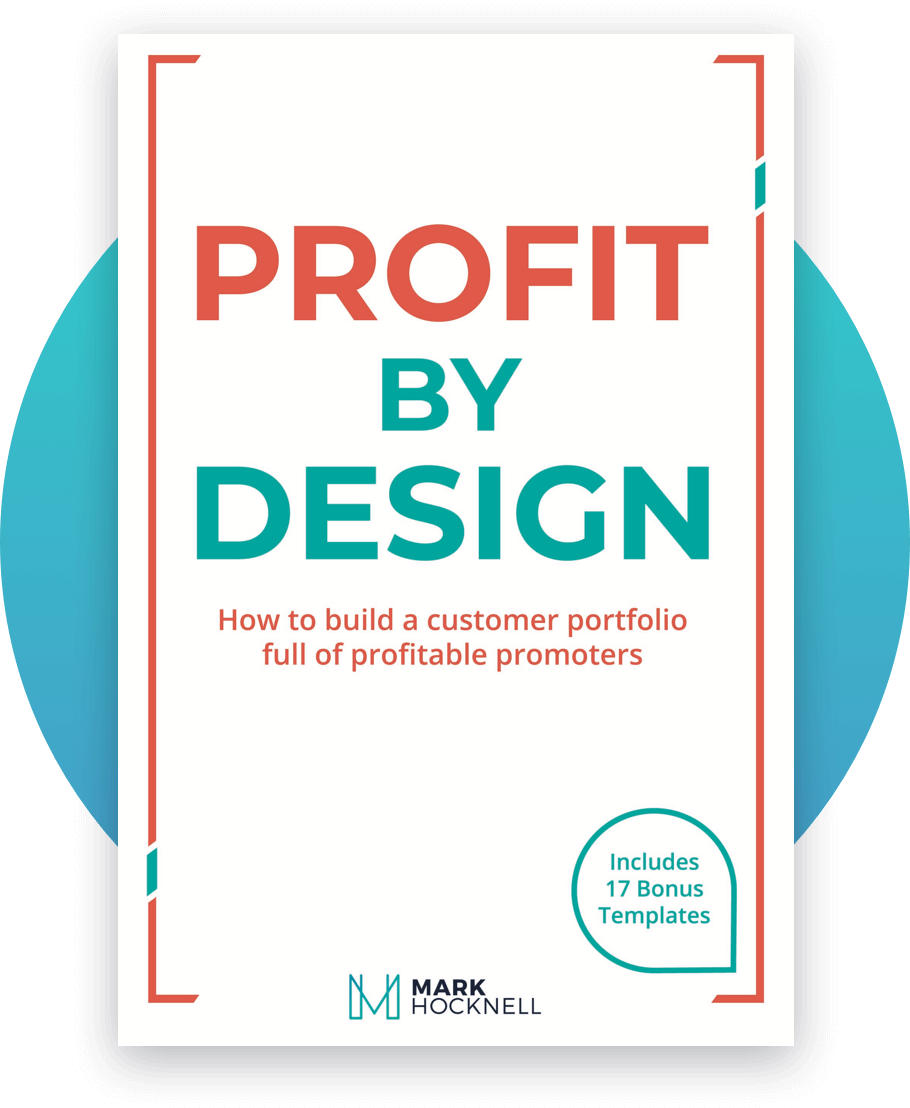We use methods in our businesses and organisations to build capability within our teams. The value that comes from this skill set, the outcomes and results we seek become more predictable. In this article we will define what a method is. How methods fit together and we will also identify the method for performance measurement. […]
READ MOREHow to Close the Strategic Gap
Strategy is often developed backwards. I say backwards because, delivering the actions become the aim. Not making progress towards an overarching aim. The Strategic Gap is the difference between: Where we are today, on prioritised outcomes and the baseline of the related performance measures; And where we want to be in the future. Described as […]
READ MOREThe Four Key Focus Areas for Leaders and Managers
Leaders and managers are often challenged with the complexity of their role and competing priorities. Let’s consider what their key focus areas should (or could) be for leaders and managers. Academics have painstakingly analysed the difference in the roles between Leaders and Managers – and yet most of us spend most of our time being […]
READ MOREHow to make sure your goals are S.M.A.R.T.
How to make sure your goals are S.M.A.R.T. The typical approach to setting SMART goals (or sometimes a definition for KPIs) is that the goal has to be: Specific, Measurable, Achievable, Realistic and Timely, or Timebound. And that is the problem. With this proven goal setting approach the T originally stood for TIMELINE, not timely […]
READ MOREUnpack complexity for performance improvement
This article examines why we need to unpack complexity to unlock performance improvement learnings. Then we look at two techniques that can help us unpack complexity. When the complexity of what we are aiming to achieve is unpacked, only then can we use performance improvement tactics to progress towards the results and outcomes we seek. Success […]
READ MOREJudgement prevents learning
The goal of organisations is to improve performance. A key enabler of this is to become a learning organisation. By developing the organisational skill (or culture) of learning and applying this knowledge will improve the outcomes we realise. Over time we will learn how to get better at what we do, we will understand our […]
READ MORENo Profit Bludgers Please
‘Profit bludging’ is where leaders (typically) will seek to extract value for their organisation at the expense of others. Using economic power to force others within the supply chain to acquiesce to their demands. ‘Profit bludgers’ do not add value to the system, they decrease value. This is how Dr Lindy Edwards defines the term […]
READ MOREChange: sudden or slow
Understanding the change, and being able to meaningfully observe the change, will increase our ability to adapt suitably to the change. Which is one of the keys to survival. Change sudden or slow. Sudden changes are dramatic. Slow change occurs insidiously. How do we observe the different types of change? As managers and leaders, we […]
READ MOREThe Eight Missed Opportunities for Employee Motivation
So many organisations – of all shapes, types and sizes – are attempting to improve their workforce culture. Trying to improve employee motivation. Leaders want people to be “engaged” at work. They want people to buy-in to the organisation’s goals and strategy. They want people to “work on” and not just “in” the business. Yet […]
READ MOREMore than just KPIs: Exploring performance measurement methodologies
The Enhancing Government Outcomes & Performance Measurement Criterion conference, was held in Canberra in the beginning of 2020. This presentation explored the various performance measurement methodologies and defined the method that develops meaningful KPIs. Introduction I think we all know that we’re not really good at KPIs. Our KPIs are often meaningless when it comes […]
READ MORE- 1
- 2
- 3
- 4
- Next Page »


